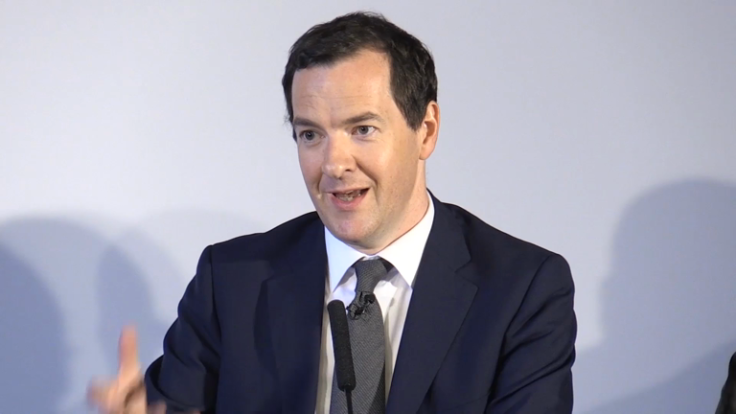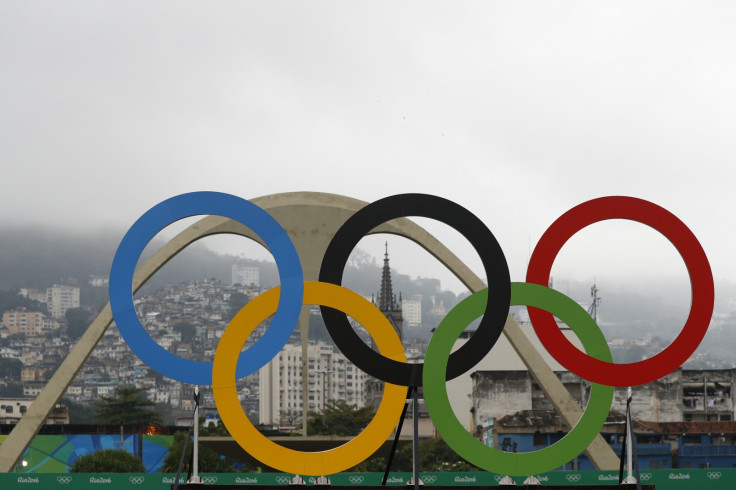Why the Olympic Games bidding process is becoming a thing of the past
Rome's withdrawal as a candidate for the 2024 Games highlights risks attached to being host city.

And then there were three. The bidding process to host the Summer Olympic Games in 2024 is increasingly looking a formality after Rome mayor Virginia Raggi withdrew support for the capital to be considered as a candidate city. Paris, Los Angeles and Budapest remain in what is expected to be a two-horse race come the vote in September 2017.
The stance, taken primarily for financial reasons but is not without undertones of political point-scoring, is a developing theme. Hamburg withdrew eight months after their bid was ratified, following a public referendum while the bidding for the 2022 Winter Olympics was between just two cities; Almaty, Kazakhstan and eventual winners Beijing, China.
Protests in Rio beset the staging of the Olympics in the summer and though there is no clear evidence of a legacy from the event the Games created a spirit that at least partially overshadowed the eviction of many residents from poorer communities and an increased military presence. But why is the prospect of hosting an Olympics becoming so unattractive, and are we reaching the end of the formal bidding process? IBTimes UK looks at why cities are being put off.
Cost
The financial demands placed on nations hosting an Olympic Games, which sees thousands of athletes compete in hundreds of events across dozens of venues, may ensure future bidding processes are merely obligatory and reduces the number of countries actually able to host the multi-sport showcase. Rio cost $4.6bn [£3.54bn], London £9.29bn and Sochi $51bn [£39.28bn] – with all three Games running wildly over budget.
Fiscal benefits of the Games have never been proven by even the most ambitious economics expert. Therefore, a city threatens to plunge its financial stability into disarray for, what on the face of it, looks like a two-and-a-half week sporting holiday. Many new stadiums, Beijing's The Bird's Nest being one of many, are consigned to being white elephants meaning the crushing failure of huge investment is there for all to see.

Ensuring Olympic venues are used on a regular basis, one of the success stories of London, is an absolute must. The throng of temporary venues and plans to transform the Olympic Village into a private complex means Rio has work to do to prove there is a positive sporting legacy from the summer.
China won't be put off by the height of the financial threshold and their presence in bidding for major sport across the next few decades will likely put off rivals from submitting their interest – not to mention attract world governing bodies. The backdrop to the Olympic Games in future years could have a familiar look to them.
Public support
Cities which slalom the financial concerns and gain political support then face having to convince the public, who will shoulder the cost of the Games, that the Olympic movement is worth it. Montreal 1976 cost 13 times the original estimate and took 30 years to repay and is the tale of horror skeptical locals of any prospective host city will point to.
The underlining factor from a public perspective remains; if several billion can be spent on hosting an Olympic Games – essentially a sporting competition and one which provides limited if non-existent benefits in the future – then why can't money be found to improve dilapidated public services? The protests from Rio certainly had a point when complaining over the Games when nearly 22% of the country lives in abject poverty.

Hamburg may have beaten Berlin to being Germany's nomination to bid for the Games in 2024, but they were unable to survive a referendum where 51.6% voted against the event being held. Among the worries were cost, with organisers having set an unrealistic €5.2bn budget. Munich similarly voted against a bid for the 2022 Winter Olympics by the same method. You fancy the inhabitants of nearly every host city would vote against the Olympics rolling into town, given the chance.
Security
Once the International Olympic Committee have ratified the nomination of the winning city, the buzzword of any host is security. London suffered problems with private firm G4S, who were unable to provide the numbers required to safeguard the Games before the enlisting of sailors, soldiers and airmen brought the total to 40,000.
Such has the global landscape changed in the four years since London that Rio took on 85,000 to defy concerns over crime rate in the capital, not to mention the looming threat of terrorism. With acts of extremism as likely to come from a lone wolf as it is from an internationally funded group, host cities face an almost impossible task to ensure the safety of athletes and supporters.
It's a conversation many of them would prefer not to have, with their doors remaining slammed shut. The Olympics face a similar fate.
© Copyright IBTimes 2024. All rights reserved.






